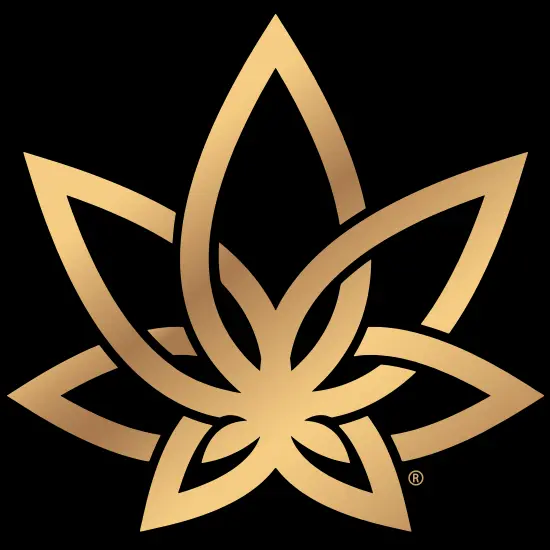Delta 8 THC, Delta 9 THC
CBD, THC, and Stress Management: A Comprehensive Guide
Stress is a common issue faced by many individuals worldwide. Due to the increasing number of people grappling with stress and anxiety, alternative methods of dealing with these conditions are being sought out. With the growing interest in natural and holistic treatments for various health conditions, cannabinoids like tetrahydrocannabinol (THC) and cannabidiol (CBD) have gained prominence.
These compounds, found in the Cannabis sativa plant, have been suggested to have potential benefits in managing stress and anxiety.
It’s important to note that the effects of these cannabinoids can vary depending on a variety of factors. Though there is some research pertaining to the potential efficacy of THC and CBD for stress management, continued research is still necessary to draw conclusive results.
This article explores the relationship between THC, CBD, and stress management.
Disclaimer: This article is intended for entertainment purposes only. The content is not meant to be a substitute for professional medical advice, diagnosis, or treatment. Always seek the advice of your physician with any questions you may have regarding a medical condition.
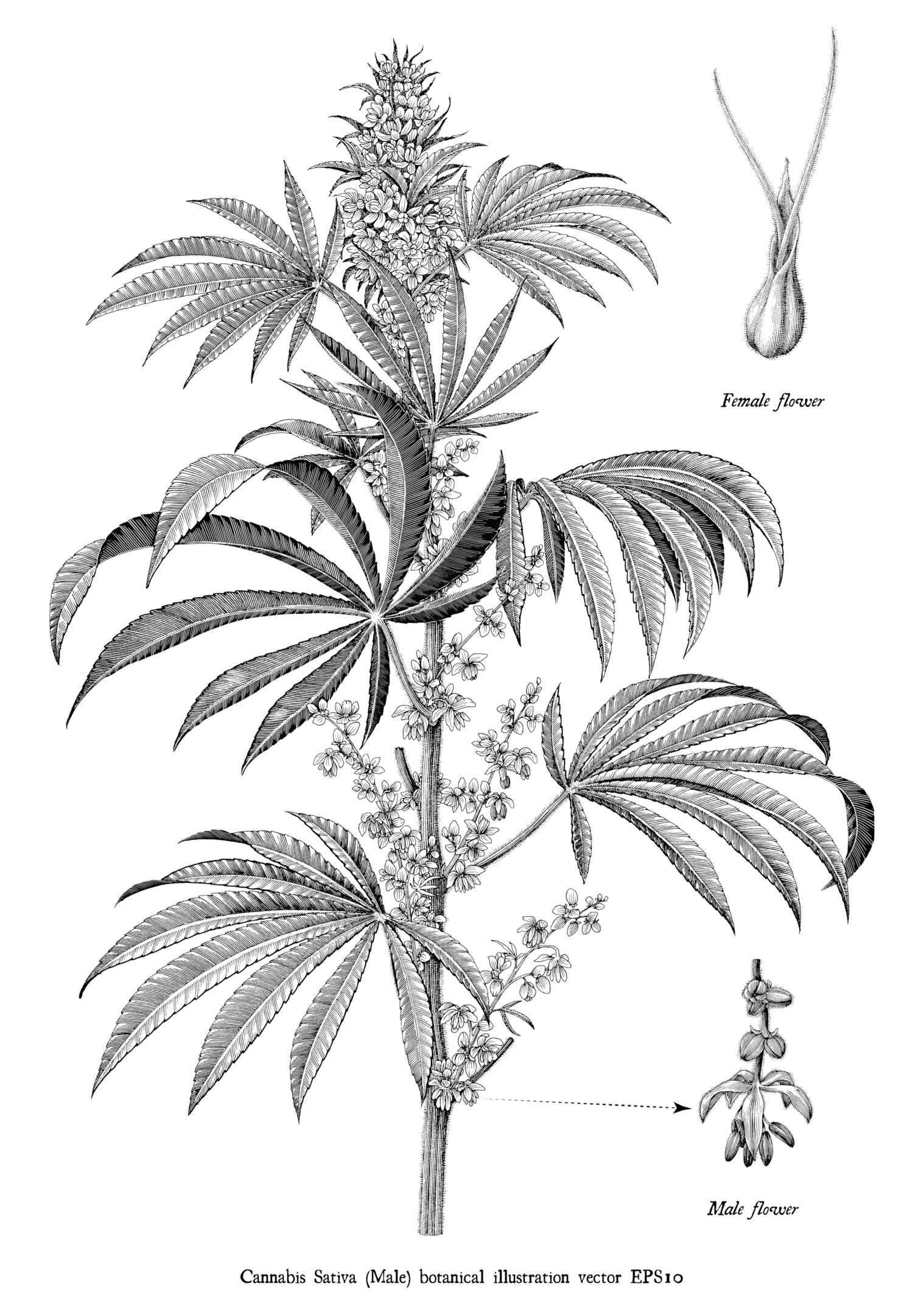
What is a Cannabinoid?
Cannabinoids are a group of chemical compounds that interact with cannabinoid receptors in our bodies, primarily within our brain and immune system. These compounds can influence a wide range of physiological processes such as mood, memory, pain sensation, and appetite.
Cannabinoids can be categorized into three types:
- Endocannabinoids: These are naturally produced by our bodies. They’re part of our endocannabinoid system and help to keep our body’s internal functions running smoothly.
- Phytocannabinoids: These are found in plants, with the most well-known source being the cannabis plant. Two of the most well-known phytocannabinoids are THC (which is psychoactive and gives the “high” feeling) and CBD (which isn’t psychoactive).
- Synthetic Cannabinoids: These are man-made in a lab and are often used for research. Some are used in legal prescription drugs, but others are used illegally and can be harmful.
Cannabinoids, regardless of their source, interact with the body’s endocannabinoid system. This system helps to regulate many of our body’s functions and maintain overall health.
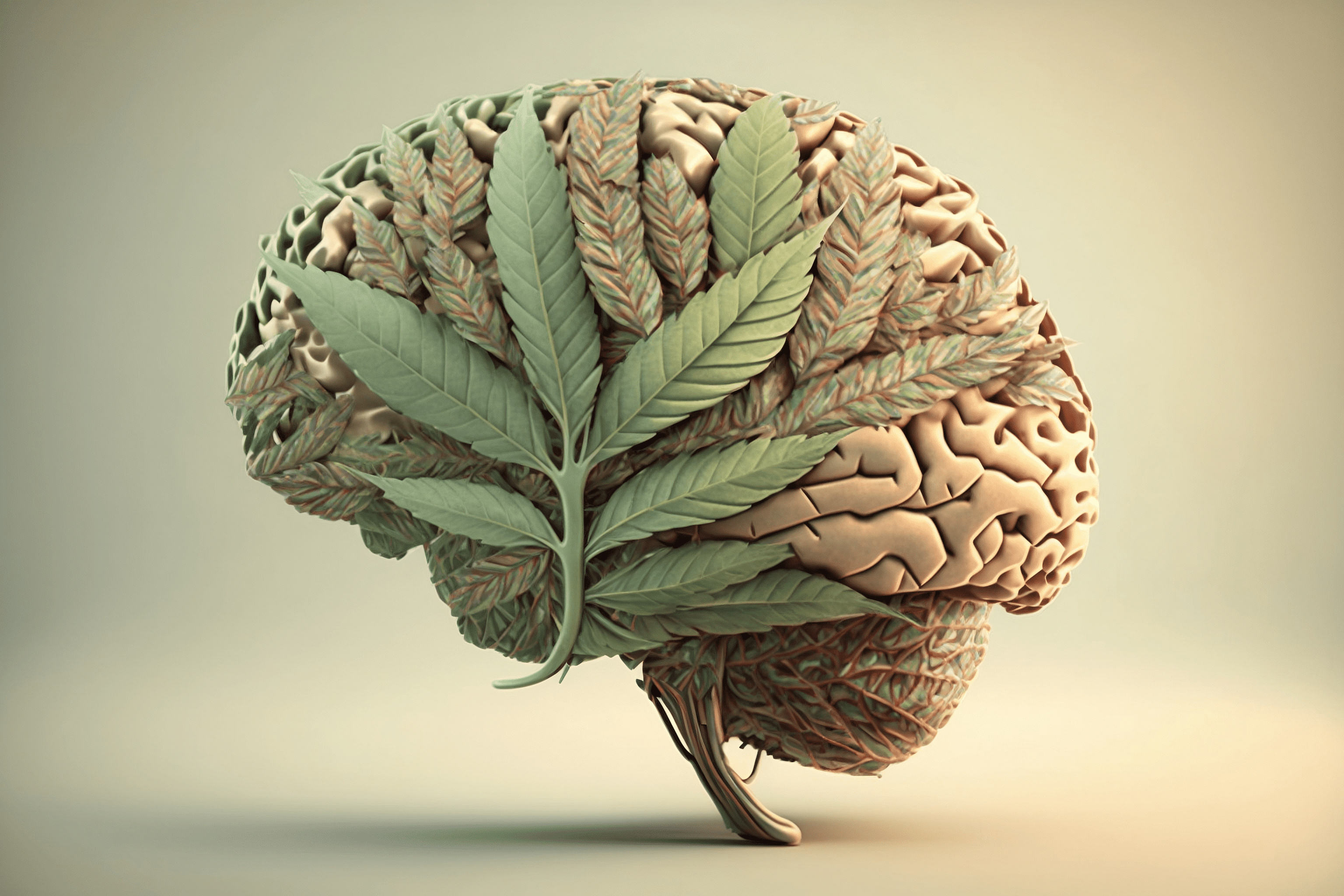
The Endocannabinoid System
Our bodies have a built-in network known as the endocannabinoid system (or ECS for short), which works behind the scenes to maintain balance in many of our physical and mental functions.
The ECS is spread throughout parts of our brain and plays a key role in managing our emotions.
This system is primarily found in the limbic system (the part of our brain that handles emotions and memory) and the prefrontal cortex (which deals with complex behaviors and decision making).
The ECS is like a backstage crew for a play. It’s made up of certain chemicals produced by our bodies (known as endogenous cannabinoids), special receiving sites (called cannabinoid receptors), and the enzymes that build up and break down these chemicals.
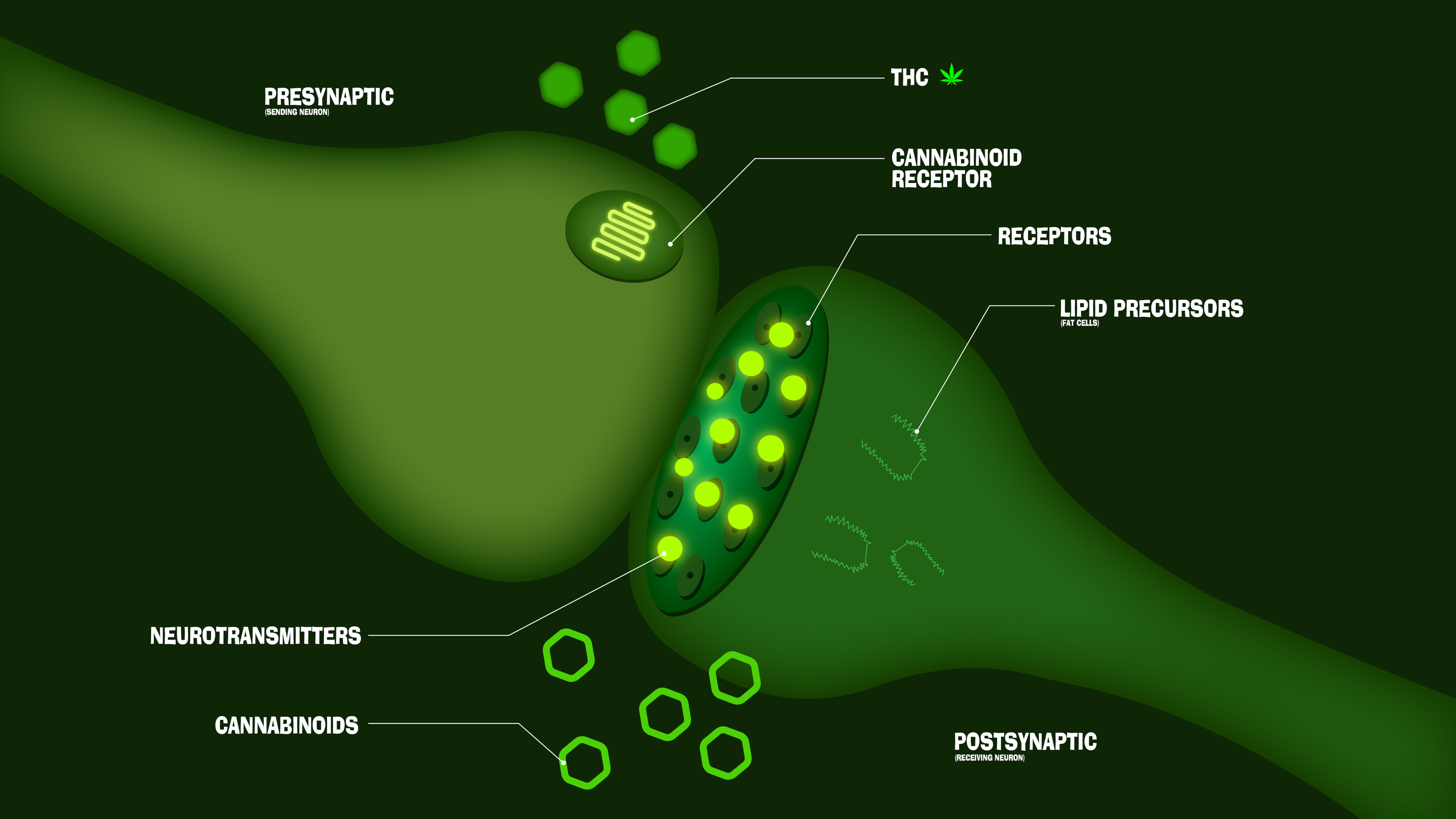
Cannabinoid Receptors
In our brains (and throughout our bodies), we have a network of cannabinoid receptors that are part of the endocannabinoid system. There are two main types of receptors: CB1 and CB2.
CB1 receptors are found primarily in the brain, particularly in areas associated with behavior, mood, and motor control. They’re also present in some peripheral tissues. When THC, the psychoactive compound found in cannabis, enters the body, it binds directly with the CB1 receptors. This interaction triggers the release of certain chemical signals in the brain. This leads to the psychoactive effects associated with THC.
CB2 receptors, while present in the brain, are more commonly found throughout the immune system and in peripheral tissues. These receptors play a role in managing inflammation and immune response.
Now, when it comes to CBD, the interaction with these receptors is a little different. CBD doesn’t bind directly with either the CB1 or CB2 receptors in the same way that THC does. Instead, CBD acts as a modulator that influences how these receptors interact with other cannabinoids. This is why CBD can offset some of the effects of THC, such as anxiety or paranoia.
Additionally, CBD also interacts with other non-cannabinoid receptors and ion channels in the body to exert its therapeutic effects. For instance, it’s been found to interact with serotonin receptors (which can affect mood and anxiety), vanilloid receptors (involved in pain perception), and GPR55 receptors (which can influence blood pressure and bone density).
By interacting with these various receptors in different ways, THC and CBD can have a wide range of effects on the body, influencing everything from mood to pain perception to immune response.
The Role of THC and CBD for Anxiety and Stress Management

Understanding THC and CBD
THC and CBD are the two primary active ingredients in marijuana. THC is the main psychoactive compound that gives marijuana its signature ‘high.’
CBD, on the other hand, is not psychoactive and is known for its potential therapeutic benefits. The effects of these compounds on anxiety and stress are complex and multifaceted, with individual responses varying widely.

THC: A Double-Edged Sword for Anxiety and Stress
THC has a complex relationship with anxiety and stress.
In smaller doses, it can actually help to reduce these feelings. This is why some people, especially those dealing with social anxiety, find cannabis helpful.
But the catch is in the dosage. When the dose increases, THC can actually ramp up feelings of anxiety and stress. It’s like a seesaw – a little can make you feel better, but a bit more can tip the balance the other way.
This ‘dosage dilemma’ was highlighted in a study by the University of Illinois at Chicago and the University of Chicago. They found that a small dose of THC helped people feel less stressed about public speaking. But when the dose was increased just enough to create a mild ‘high,’ it made people feel more anxious, not less.
For example, lower doses (7.5 milligrams) lessened the jitters of a public speaking task, while slightly higher doses that produced a mild ‘high’ actually increased anxiety. The volunteers who received the higher dose reported greater negative mood before and during the task, further emphasizing the importance of dosage.
So, while THC can help to reduce stress and anxiety in smaller doses, it can increase these feelings at higher doses. This can even lead to anxiety and panic reactions, which are often associated with marijuana use.
That’s why it’s so important to be mindful of dosage when using THC for stress management.

CBD: A Potential Ally for Stress Management
CBD is becoming a bit of a rising star in the world of stress management.
What CBD has been found to do, regardless of how much you take, is help in reducing anxiety.
This makes CBD a promising option for stress relief without any of the anxiety-inducing risks that can come with THC.
Research has shown that CBD can also help balance out some of the less desirable effects of THC. These can include problems with memory, increased anxiety, and even symptoms similar to psychosis.
Interestingly, when CBD and THC are used together, CBD’s ability to reduce anxiety seems to get a power-up. This interplay suggests that there could be real benefits to using these two cannabis components in combination.
And the potential perks of CBD don’t stop there. It could also help promote healthy sleep patterns.
Given that good sleep is a key part of managing stress, this is another big tick in the CBD column.
What’s more, studies suggest that CBD is unlikely to be addictive. This makes it a valuable tool for those looking to manage their stress without the risk of dependency. And beyond just managing stress, CBD could also have potential benefits for more serious conditions like neuropsychiatric diseases and substance use disorders.
So, while both THC and CBD can play a role in managing stress and anxiety, they do so in very different ways.
Understanding these differences is key to making the best use of these cannabis components for stress relief.
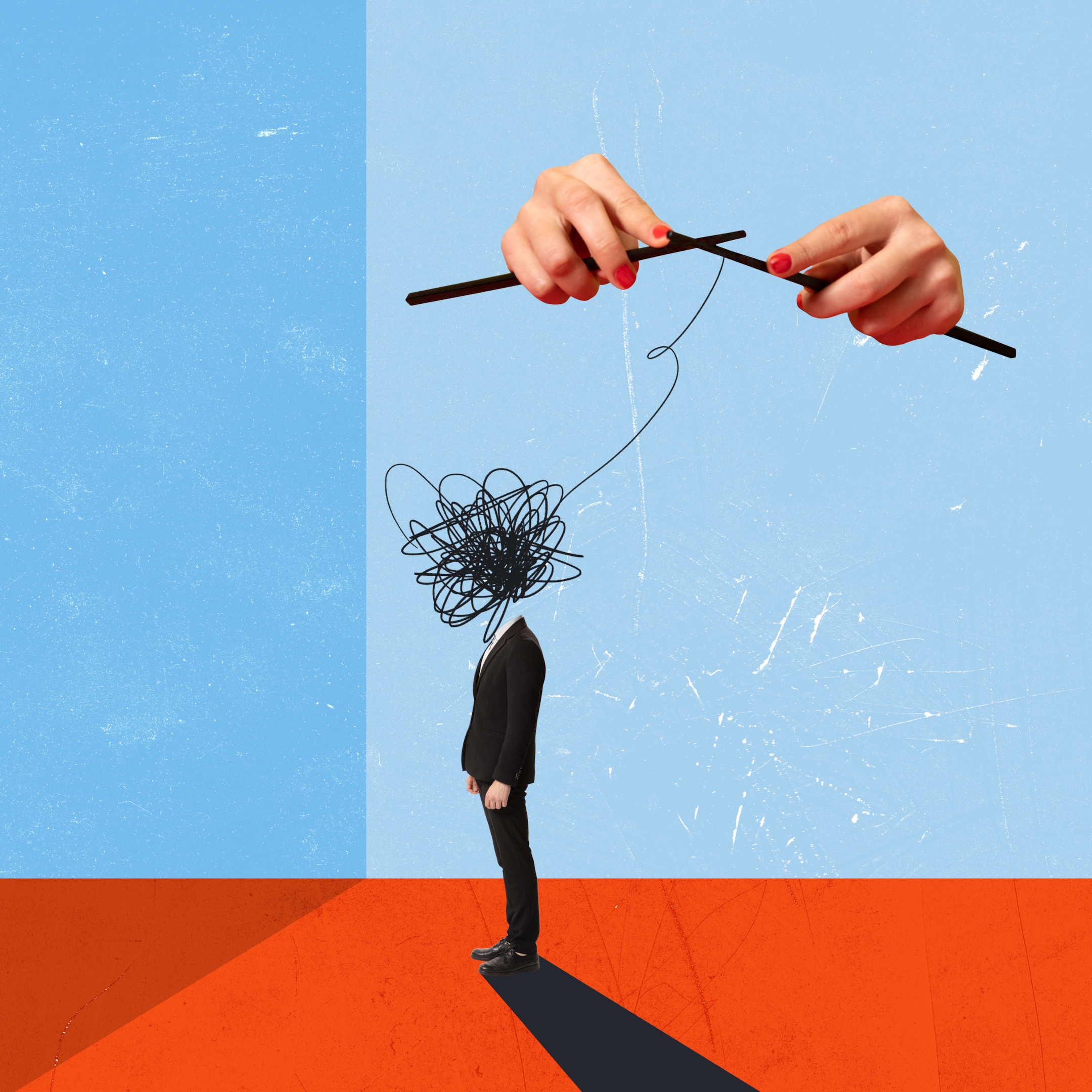
Factors Influencing the Effects of THC and CBD
The effects of THC and CBD are not solely determined by the compounds themselves.
Research from the University of Washington suggests that individual responses to marijuana can vary widely. They are influenced by factors such as personality, degree of tolerance, route of administration, and the strain of marijuana used.
Tolerance of THC can develop over a short period of time with regular use, which may influence the effects of these compounds on an individual’s stress and anxiety levels.
Just a reminder, we are making no medical claims in this article. We have referenced research from reliable sources and have simply relayed some of that information here for entertainment purposes. Links to the articles referenced are embedded, but we referenced the following sources throughout: The National Library of Medicine (Potential Utility of Cannabidiol in Stress-Related Disorders), research done by the University of Illinois at Chicago and Chicago University (Low-does THC can relieve stress; more does just the opposite), the University of Washington (Effects of Marijuana on Mental Health: Anxiety Disorders), and an article by Harvard Medical School (Cannabidiol (CBD): What we know and what we don’t).
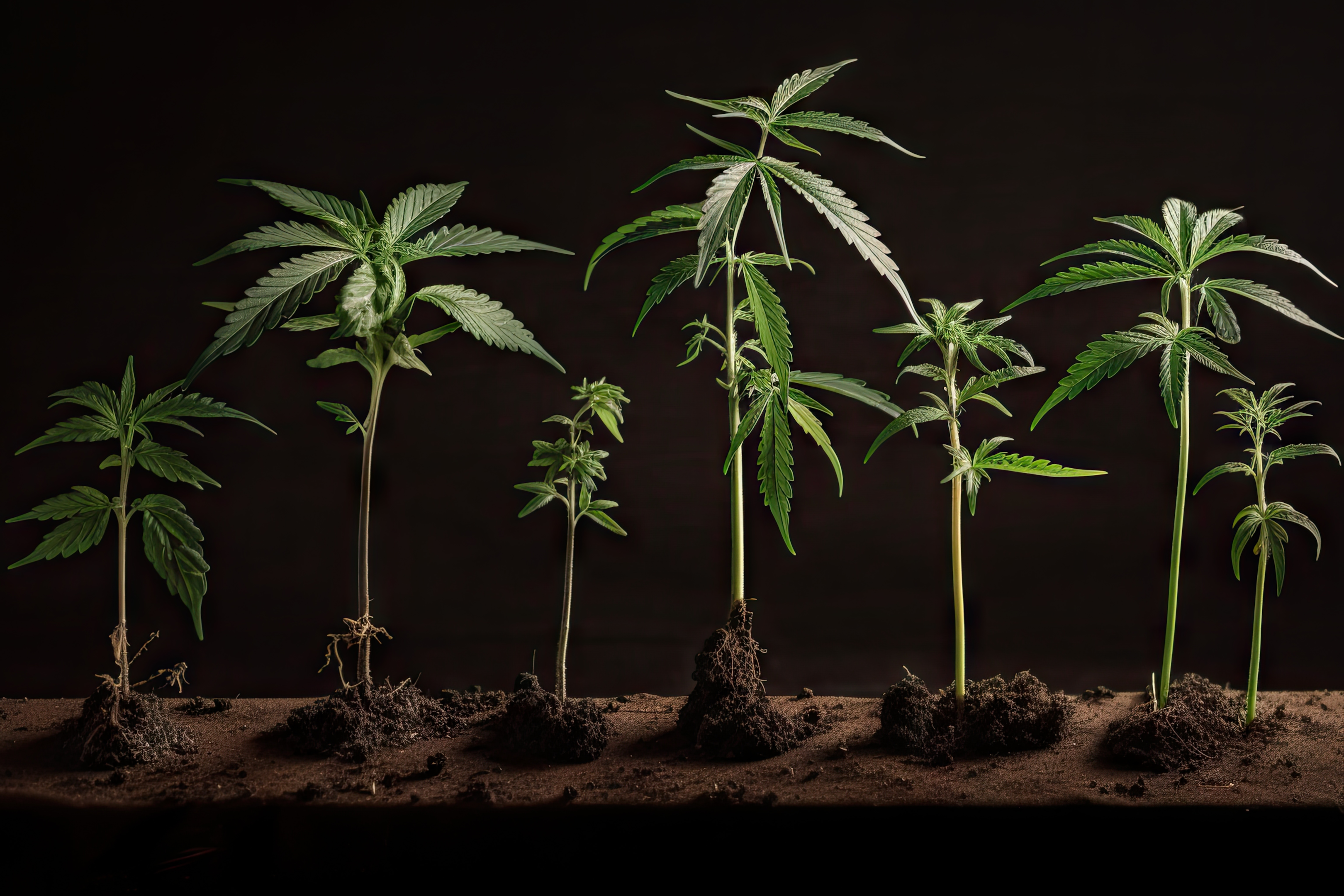
What is Cannabis?
Cannabis is a type of plant that has been used for centuries for both medicinal and recreational purposes. It’s native to Central and South Asia, but it’s now grown all over the world. You might also hear it called by other names like weed, pot, or hemp, depending on the context and the part of the plant being referred to.
The cannabis plant contains over a hundred different chemicals, known as cannabinoids. Each of these cannabinoids has different effects on the human body. The two most well-known cannabinoids are tetrahydrocannabinol (THC) and cannabidiol (CBD).
THC and CBD
THC is the main psychoactive compound in cannabis. That means it’s the part that can make people feel ‘high’ or euphoric when they use cannabis. This is why some people use cannabis for recreational purposes. However, THC can also have medicinal uses, such as helping to manage pain or reduce nausea.
On the other hand, CBD doesn’t produce a ‘high,’ but it has been studied for its potential therapeutic effects. Some people use CBD to help manage conditions like anxiety, stress, and insomnia.
It’s important to note that while cannabis and its components have potential benefits, they can also have side effects and risks. These can include impaired memory, mood changes, and potential dependency, especially with frequent and high-dose use.
So, in a nutshell, cannabis is a plant with a long history of use and a complex mix of components. These components can have a range of effects on the human body. It’s always a good idea to do your research and talk to a healthcare provider if you’re considering using cannabis.
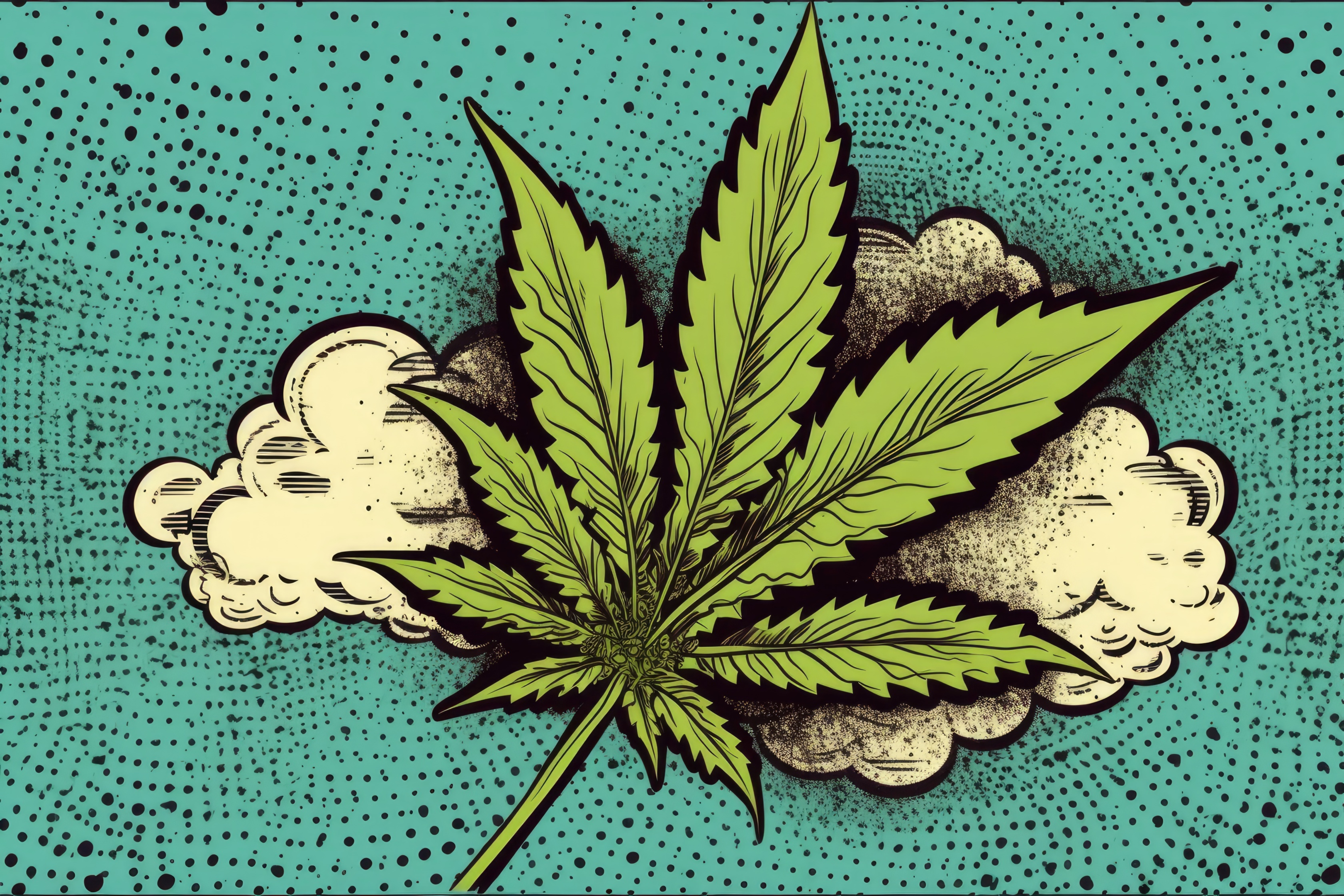
What is the Difference between Marijuana and Hemp?
Both marijuana and hemp are versions of the Cannabis sativa plant. However, they’re used for different purposes and have different legal statuses in many parts of the world.
The primary difference between hemp and marijuana lies in their chemical composition, specifically the concentration of the psychoactive compound THC.
Marijuana
Marijuana is the version of the cannabis plant that is bred for its high THC content. As previously stated, THC is the compound that produces the “high” or psychoactive effect. Marijuana can contain anywhere from 5% to 30% or even more THC, depending on the strain and cultivation techniques. Marijuana is used both recreationally, for its psychoactive effects, and medicinally, for its potential to relieve pain, nausea, and other symptoms.
Hemp
Hemp, on the other hand, is the version of Cannabis sativa that contains only trace amounts of THC (0.3% or less by dry weight in the U.S.). Because it lacks the psychoactive properties of marijuana, hemp is primarily used for industrial and nutritional applications. For instance, hemp fibers can be used in the production of textiles, paper, and biofuels, and hemp seeds are a source of protein and omega fatty acids.
In addition to its industrial uses, hemp is also the primary source of CBD (cannabidiol) products. CBD can be extracted from both marijuana and hemp plants. Most CBD products on the market are derived from hemp due to legal restrictions on marijuana in many places.
In terms of legality, hemp is legal to grow in many countries including the U.S. Marijuana is regulated more strictly due to its psychoactive effects. In the U.S., for instance, marijuana is legal for recreational use in some states and for medical use in others, but it remains illegal under federal law.
So, in summary, while hemp and marijuana are from the same plant family, they are distinct in terms of their THC content, uses, and legal status.
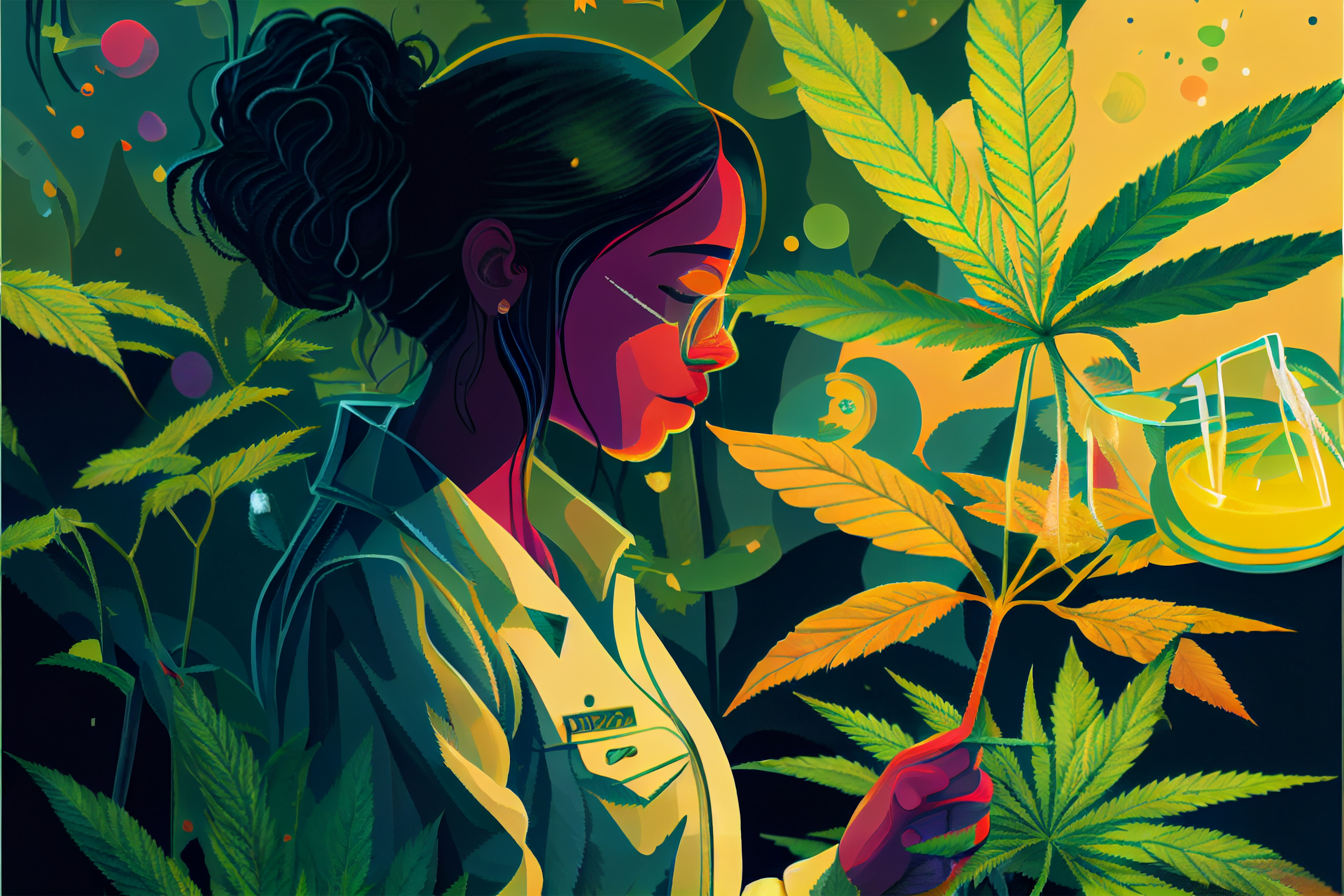
What is Delta 8 THC?
Delta-8-Tetrahydrocannabinol, often referred to as Delta-8 THC, is a naturally occurring compound in the cannabis plant. Like Delta-9 THC, Delta-8 THC is a cannabinoid and shares many similar properties. However, the psychoactive effects of Delta-8 THC are typically described as less intense than those of Delta-9 THC.
Delta-8 THC binds to the same cannabinoid receptors in the brain as Delta-9 THC, but due to its slightly altered molecular structure, it interacts with these receptors differently, leading to milder psychoactive effects.
The structure and effects of Delta-8 THC were not widely recognized or studied until recent years, when advances in extraction and synthesis techniques made it possible to produce this cannabinoid in larger quantities. These processes are key as Delta 8 THC is only present in trace amounts in the cannabis plant.
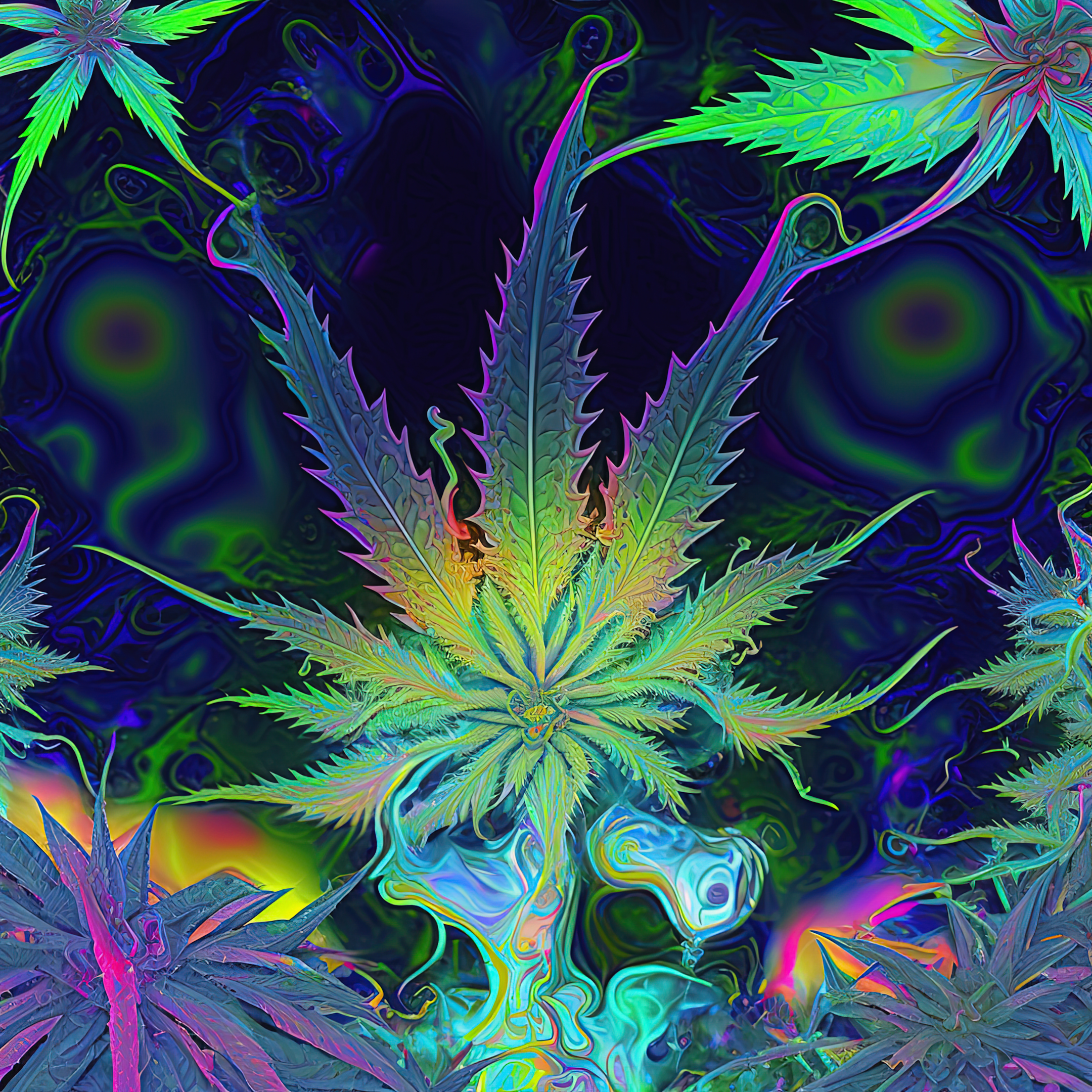
What is Delta 9 THC?
Delta 9 THC is the most well-known form of THC and is primarily responsible for the psychoactive effects associated with cannabis. From THC gummies to vape oils, Delta 9 THC can be found in various cannabis products. It’s important to understand the potential positive and negative effects of this potent cannabinoid to ensure a safe and enjoyable experience.
Positive Effects of Delta 9 THC
The positive effects of Delta 9 THC can vary based on several factors, including the amount consumed, the method of consumption (like eating THC gummies or smoking), and individual tolerance levels.
Euphoria and Relaxation
One of the most common effects reported by users of Delta 9 THC is a sense of euphoria, or a ‘high.’ This feeling is often accompanied by relaxation which many users find beneficial for unwinding after a long day.
Pain Relief
Delta 9 THC is often used for its potential analgesic, or pain relieving, properties.
Enhanced Senses
Many users report heightened senses when using Delta 9 THC. Food may taste better, music might sound richer, and colors could appear more vibrant.
Negative Effects of Delta 9 THC
Like any substance, Delta 9 THC is not without its potential negative effects. These typically increase with the quantity consumed and can vary widely from person to person.

Anxiety and Paranoia
In higher doses, Delta 9 THC can sometimes lead to feelings of anxiety or paranoia. First-time users or those with a lower tolerance may be more prone to experiencing these effects.
Dry Mouth and Eyes
Commonly referred to as ‘cottonmouth,’ this uncomfortable sensation is a common side effect of Delta 9 THC. Dry, red eyes are also commonly reported.
Impaired Coordination and Reaction Time
Delta 9 THC can impair motor skills and reaction time, which is why it’s crucial not to drive or operate heavy machinery when using products containing this cannabinoid.
In conclusion, while Delta 9 THC can offer certain benefits, it’s equally important to be aware of its potential negative effects. Always consume responsibly, start with a lower dose, especially when trying new products like THC gummies, and be sure to understand the laws regarding cannabis in your region.
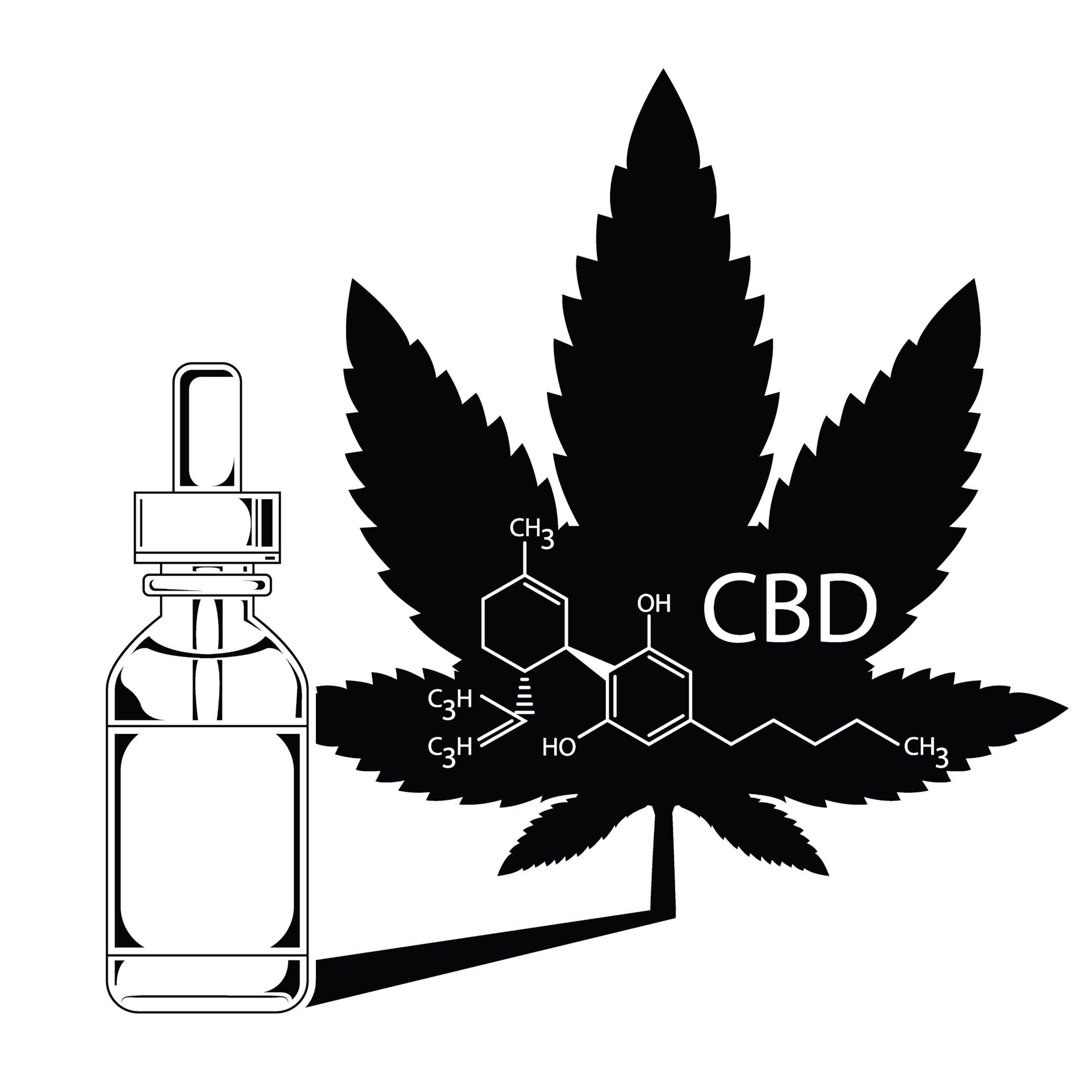
What is CBD?
CBD, or cannabidiol, is a compound found in the cannabis and hemp plants. Unlike THC, CBD does not produce a high, making it a preferred choice for individuals seeking the health benefits of cannabis without the psychoactive effects. From CBD gummies to full spectrum CBD oils, this cannabinoid is incorporated into a myriad of products.
Potential Positive Effects of CBD
Users report several positive effects of CBD, although it’s important to note that individual experiences can vary due to factors like the method of consumption and dosage.
Pain and Inflammation Relief
CBD is well-known for its potential anti-inflammatory and analgesic properties. Many users consume CBD products for relief from chronic pain and inflammation.
Anxiety and Stress Relief
CBD is often used for its potential calming effects. Several studies suggest that it might help reduce symptoms of anxiety and stress, promoting a sense of calm and relaxation.
Improved Sleep
Some users report better sleep patterns when using CBD, attributing it to the compound’s potential calming effects. This can be particularly beneficial for those struggling with sleep disorders.
Potential Negative Effects of CBD
Although CBD is generally considered safe and well-tolerated, it can cause some adverse effects in some users.
Dry Mouth
Similar to THC, CBD can also cause dry mouth. This is usually temporary and can be alleviated by drinking plenty of water.
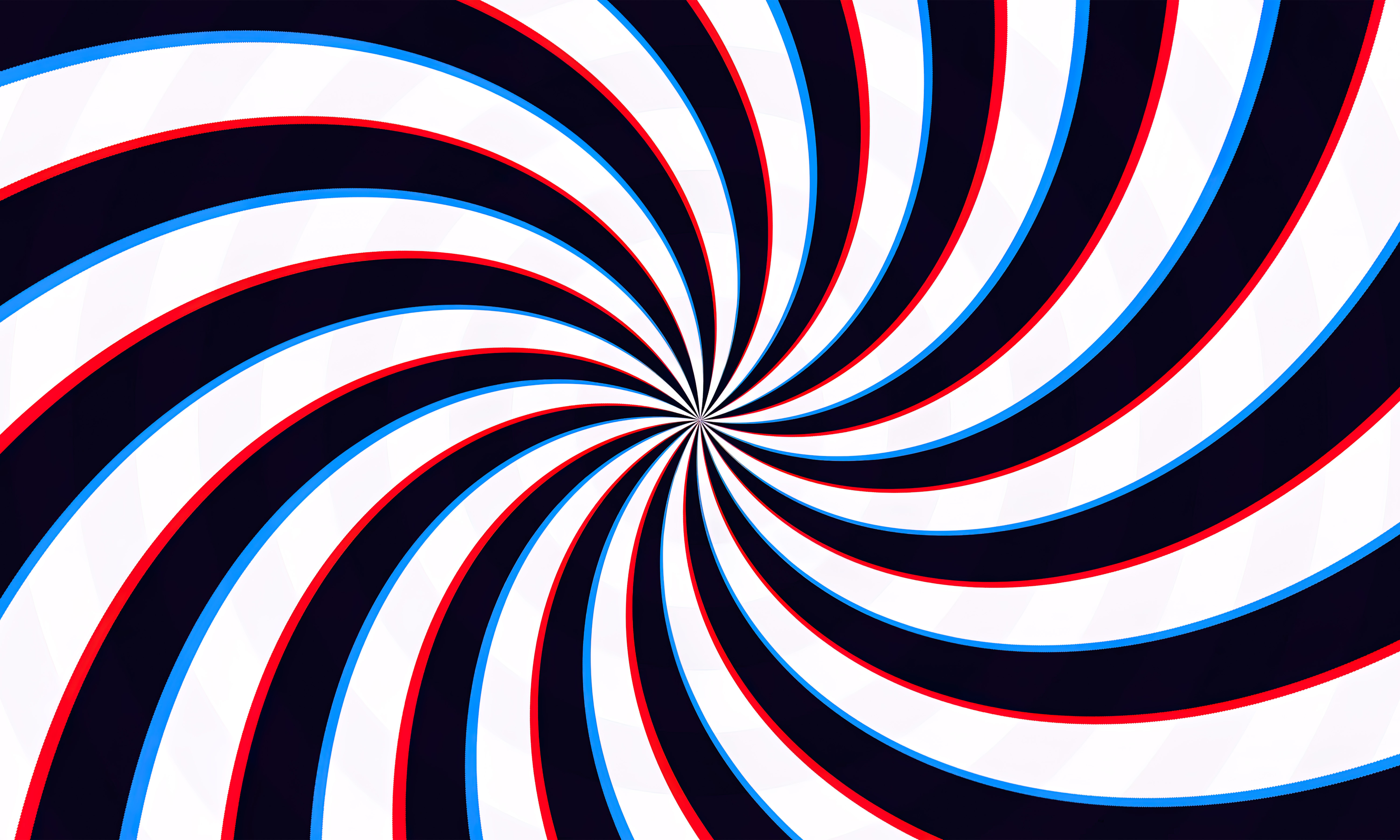
Dizziness or Lightheadedness
High doses of CBD can sometimes lead to a drop in blood pressure, causing light-headedness or dizziness.
CBD, whether consumed as gummies, oil, or other forms, offers a different perspective on the cannabis plant, focusing on wellness and relaxation rather than psychoactive effects. It’s important to choose high-quality, third-party lab tested CBD products from reputable brands to ensure the best experience. Always check your local laws to ensure the legality of CBD in your area, as laws vary from region to region.
Exploring the Many Ways to Consume THC
The world of THC extends far beyond the traditional joint. Today, there are more ways than ever to consume THC, each with its unique effects, duration, and intensity. From delectable edibles to potent concentrates, let’s explore the diverse methods of THC consumption.
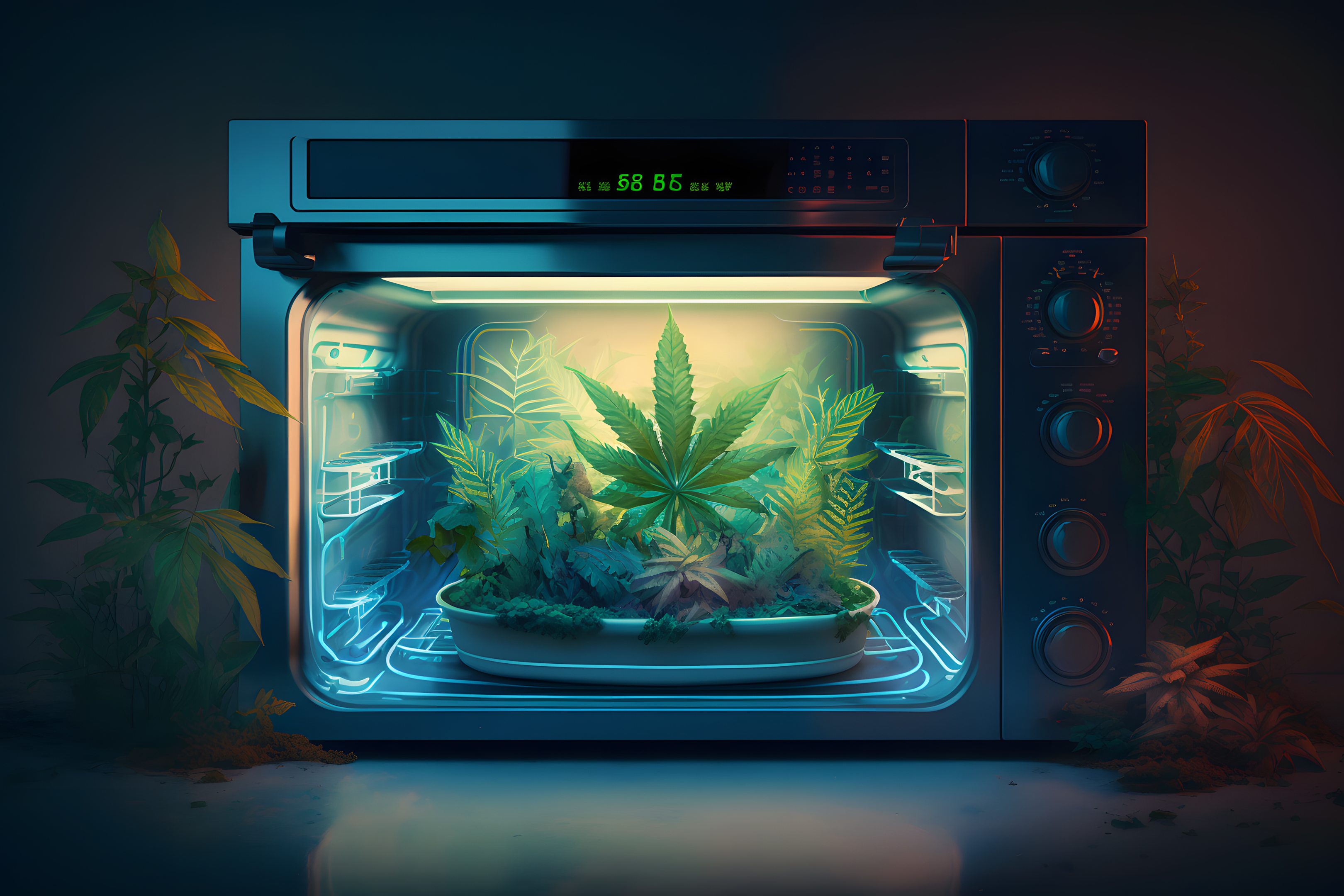
THC Edibles
Edibles are a popular way to consume THC. They come in a variety of forms, including THC gummies, brownies, cookies, and even chocolate bars. THC-infused baked goods like cookies and brownies are classics, offering a discreet and delicious way to consume THC. THC gummies are especially popular, with various gummy brands offering an array of flavors like watermelon, blue raspberry, or strawberry.
Edibles typically take longer to kick in compared to other consumption methods, usually 30-90 minutes, but the effects can last much longer. This is because edibles go through the digestive system, leading to a slow release of THC.
THC Tinctures
Tinctures are another method to consume THC. They are liquid extracts that can be placed under the tongue or added to food or drinks. The benefit of tinctures is that they offer precise dosing, allowing users to control their experience effectively. The onset of effects with tinctures is usually faster than edibles, often starting within 15 to 45 minutes.

THC Vapes
Vaping is a smokeless method of consuming THC that offers quick effects. THC vape oils are heated until they become a breathable vapor. Vapes are discreet, often producing less odor than smoking, and allow for easy dosage control. The effects are almost immediate, usually felt within a few minutes of inhaling.
THC Concentrates
For experienced users seeking a potent experience, concentrates are an excellent option. Concentrates like shatter, wax, or oil are highly purified forms of THC that can contain up to 80-90% THC. They are often dabbed, a method that involves heating the concentrate on a hot surface and inhaling the resulting vapor. The effects are typically stronger and faster than other forms of consumption, making it vital to start with a small amount and consume responsibly.
THC-Infused Drinks
THC-infused drinks are a newer addition to the market, providing a fun and unique way to consume THC. From THC-infused sodas to teas and even mocktails, these beverages offer a convenient and enjoyable way to consume THC. Like edibles, the effects from THC-infused drinks typically take longer to kick in compared to inhalation methods, so patience and mindful consumption are key.
In conclusion, the method of THC consumption you choose depends on your desired effects, personal preferences, and comfort level. Whether you’re drawn to the delectable taste of THC gummies, the precision of tinctures, the immediacy of vapes, the potency of concentrates, or the unique experience of THC-infused drinks, always remember to consume responsibly.
Navigating the Legality of Hemp-Derived Cannabinoids
The legality of hemp and its derivatives, including cannabinoids like CBD and Delta 8 THC, can be complex and is largely dependent on federal and local laws. It’s crucial to understand these regulations to ensure safe and legal consumption.
Federal Legal Status of Hemp-Derived Cannabinoids
On the federal level in the United States, the 2018 Farm Bill legalized the production, sale, and consumption of hemp and hemp-derived products. The Bill removed hemp, defined as cannabis plants containing 0.3% or less Delta 9 THC, from the list of controlled substances.
This has made cannabinoids derived from hemp, including CBD, federally legal in the U.S., as long as they contain no more than 0.3% Delta 9 THC. This opened the door for hemp-derived products, including hemp-derived cannabinoids like CBD and Delta 8 THC, to be produced and sold across the nation.
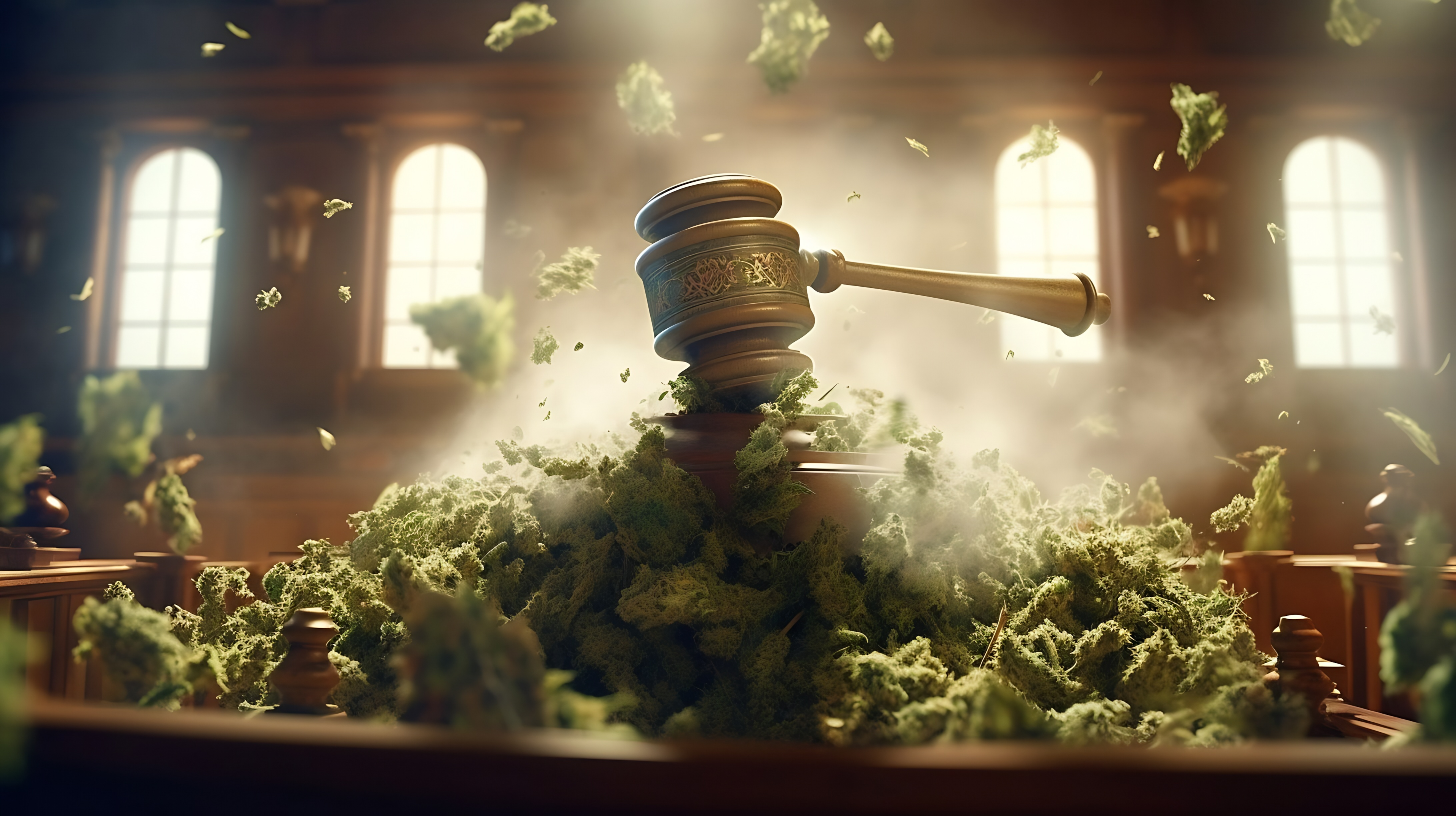
Legal Landscape of Marijuana in the United States
Marijuana laws in the United States can be complex due to the divide between federal and state legislation. This divide leads to unique circumstances that can be challenging to navigate for users and businesses alike.
Federal Legal Status of Marijuana
At the federal level, marijuana is currently classified as a Schedule I substance under the Controlled Substances Act. This classification means it is considered to have a high potential for abuse and no currently accepted medical use, making it federally illegal to manufacture, distribute, or possess marijuana.
State Legalization of Marijuana
Despite federal prohibition, many U.S. states have passed their laws legalizing marijuana for medical and/or recreational use.
Medical marijuana laws typically allow for the use of marijuana for certain qualifying conditions. Patients must usually obtain a recommendation from a physician and a state-issued medical marijuana card.
Recreational marijuana laws, on the other hand, allow for the use of marijuana by adults 21 and over for any purpose. States with recreational marijuana laws have systems for the regulated production and sale of marijuana, often including dispensaries where customers can purchase a variety of marijuana products, from flower to edibles like THC gummies.
The Clash Between Federal and State Law
The discrepancy between federal and state law creates a unique situation where activities can be legal at the state level but illegal at the federal level.
The legality of marijuana in the United States is complex and evolving. Users should be aware of the laws in their particular state and remember that even in states where it is legal, there are often specific regulations regarding purchase, possession, and consumption that must be followed.

THC, CBD, and Stress Wrap-Up
Both THC and CBD have potential roles in managing stress, but their effects can differ significantly. THC may reduce anxiety at lower doses but increase it at higher ones.
On the other hand, CBD appears to consistently reduce anxiety and does not possess the psychoactive effects of THC.
As research continues to elucidate the complexities of the ECS and cannabinoids, these compounds may provide new avenues for stress management and the treatment of other neurological and psychological conditions.
Always consult with a healthcare professional before starting any new treatment regimen, especially for conditions like stress and anxiety, which can have a significant impact on overall health and wellbeing.

